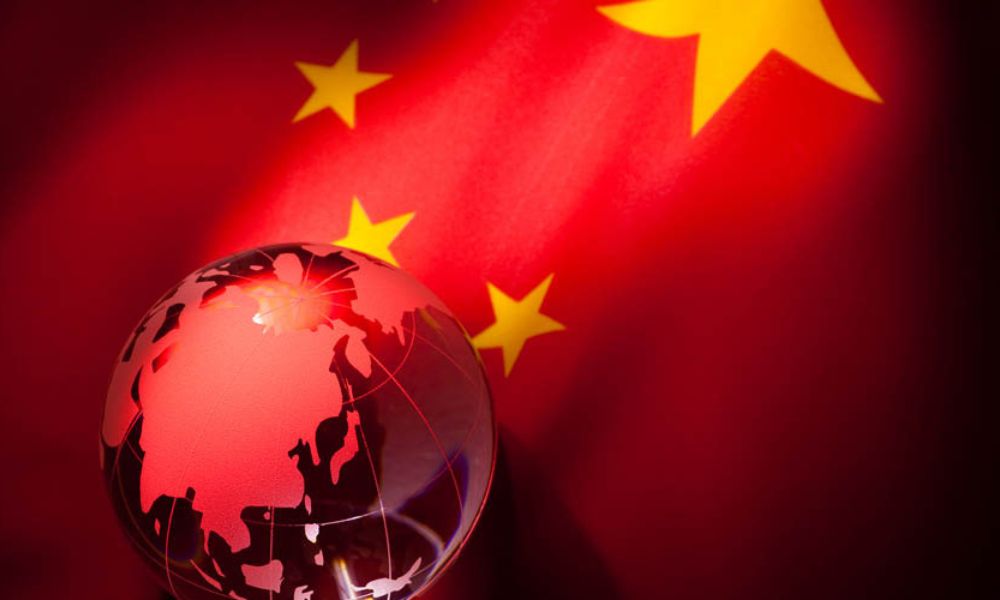
China's influence in Africa has grown significantly over the past few decades, making it a crucial player in the continent's economic and political landscape. This expansion of Chinese influence raises questions about the motivations and drivers behind Beijing's engagement with African nations. In this blog post, we will explore the key factors driving China's expanding influence in Africa, shedding light on the dynamics of this complex relationship.
At the core of China's engagement with Africa lies its economic interests. China views Africa as a vast market for its goods and services, a source of raw materials, and a destination for its investments. Africa is rich in natural resources such as oil, minerals, and agricultural products, which are vital for China's growing economy. African markets provide opportunities for Chinese companies to expand their reach and generate profits.
| Are you a Tax Lawyer in USA? 👉Transform Your Brand: Click for Metamorphosis👈 |
China has heavily invested in infrastructure projects across Africa, including building roads, railways, ports, and telecommunication networks. These projects not only facilitate the transportation of goods and resources but also stimulate economic growth in the host countries. Improved infrastructure benefits both China's trade and the African economies.
China's diplomacy in Africa is characterized by its non-interference policy in domestic affairs, a sharp contrast to the historical baggage of Western colonialism. This approach resonates with African leaders and governments, who appreciate China's respect for sovereignty. Furthermore, China has extended soft power through initiatives such as the Confucius Institutes, cultural exchanges, and scholarships, promoting a positive image of China in African societies.
China's demand for natural resources has driven it to secure access to African commodities. Through a combination of trade agreements and investments in resource-rich countries, China ensures a steady supply of key resources, including oil from Angola and Nigeria, copper from Zambia, and minerals from the Democratic Republic of Congo.
Africa plays a vital role in China's ambitious Belt and Road Initiative. The BRI aims to enhance connectivity between China and other regions of the world, and many African countries are strategically located along the proposed BRI routes. Chinese investments in African infrastructure contribute to the success of this global project.
China's global economic strategy involves diversifying its markets and reducing reliance on the Western world. African countries offer a growing middle-class consumer base, making it an attractive destination for Chinese goods and investments. By expanding its market presence in Africa, China can reduce its vulnerability to economic downturns in other regions.
China has strategically cultivated political alliances with African nations. Through aid, development projects, and diplomatic support, China has garnered favor with various African governments. This has allowed Beijing to secure valuable contracts, access to resources, and political backing on international platforms.
China has invested in human capital development in Africa by providing scholarships, training programs, and technical assistance. This investment creates goodwill among African professionals, fostering lasting ties and strengthening China's presence on the continent.
China's expanding influence in Africa is driven by a complex interplay of economic, political, and strategic interests. While China's engagement offers opportunities for African development, it also raises concerns about debt sustainability, environmental impacts, and potential loss of sovereignty. African countries must carefully navigate these relationships to maximize the benefits while mitigating the risks. China's role in Africa is likely to continue evolving, shaping the continent's future in profound ways and reinforcing its status as a global economic powerhouse.